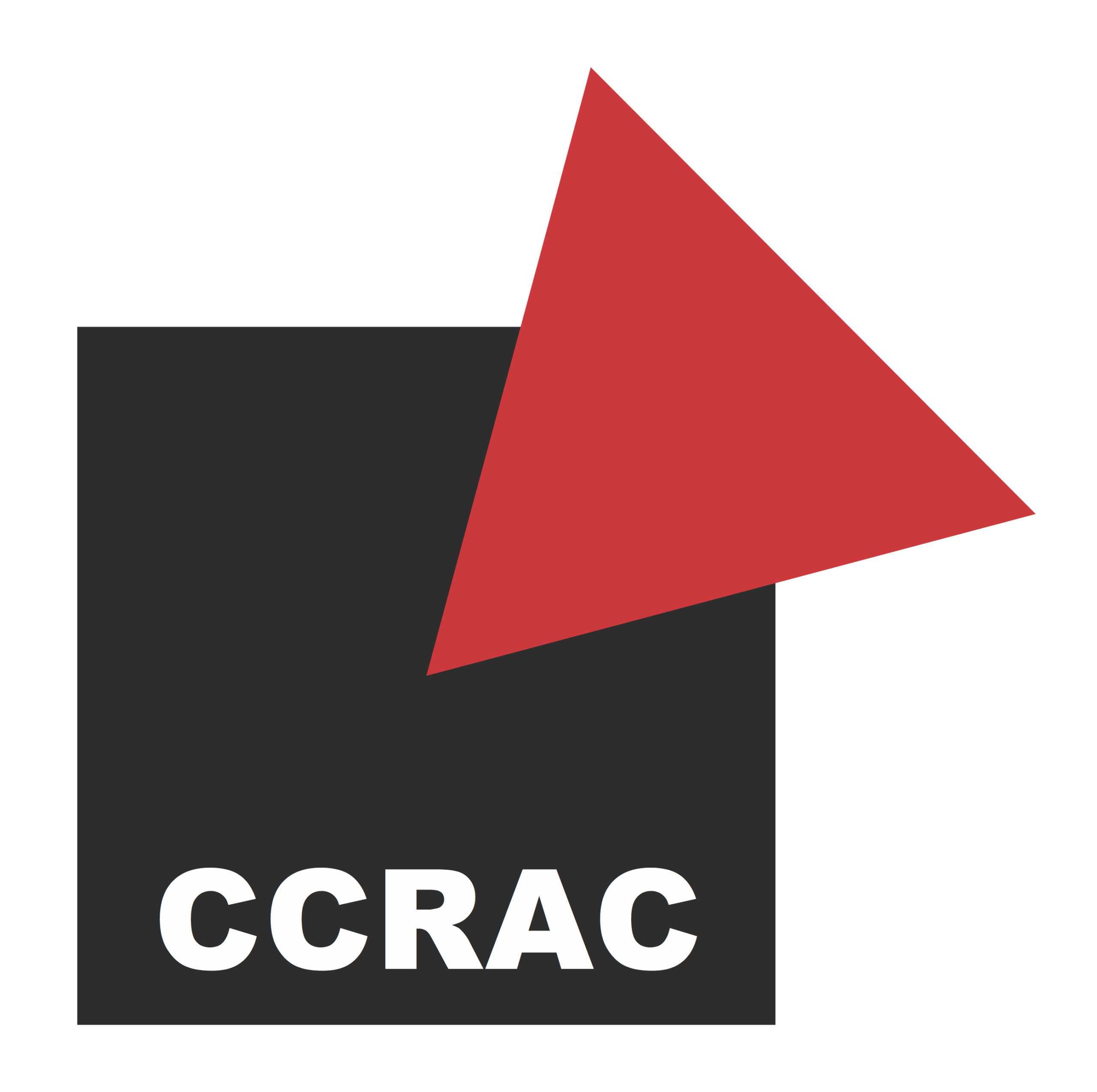Tuesday, 31 January 2012
Seminar Room 1, The Courtauld Institute of Art
Speaker(s): Khadija Carroll La (University of Cambridge); Marta S Magalhaes (University of Cambridge); Michal Murawski (University of Cambridge); Felix Ringel (University of Cambridge); Nikolai Ssorin-Chaikov (University of Cambridge)
Organisers
Sarah Wilson (The Courtauld Institute of Art) and Nikolai Ssorin-Chaikov (University of Cambridge)
The goal of this panel is methodological: it is to explore the heuristic possibilities of this kind of anthropological engagement of audiences/informants. But it is also to explore cultural contexts that are conditions of possibility for such performances. If we work on an assumption of blurred boundaries between ‘things’ and ‘publics’, does our method depend on the kinds of things that are being offered (science models, Soviet-era artifacts, genetic data, indigenous art, newspaper columns or artistic provocations written or staged by an anthropologist)? And do they depend on the kind of public that is being displayed and explored through exposure to these objects? Most of such experimentation occurs in urban contexts. What changes if performances take place in other locations? Does this performativity work beyond an already educated urban public or the public that is (in)formed by post-colonial criticism, indigenous politics and anthropology more generally? Which anthropological concepts, and which notions of what anthropology is, travel and are recognised by such and other publics? Do conceptualist performances fail? What are the ethnographic consequences if they do? In other words, what are the contours and historical and socio-cultural limits of societies that are constituted by such performances? The term ‘ethnographic conceptualism’ was coined during work on an exhibition of gifts to Soviet leaders at the Kremlin Museum in 2006. The curators expected this exhibition to be controversial, and thought that the process of curating and the exhibition itself could be an excellent way to explore a post-socialist audience and its politics of memory (Sosnina and Ssorin-Chaikov 2009). From this vantage point, they explored the exhibition visitors’ comment book as an artefact that the many visitors thought was actually part of the exhibition display. This panel seeks to bring together explorations of other forms of ethnographic experimentation with art, of portable analytics and traveling theories and of anthropological knowledge production and representation not after, but during fieldwork.

